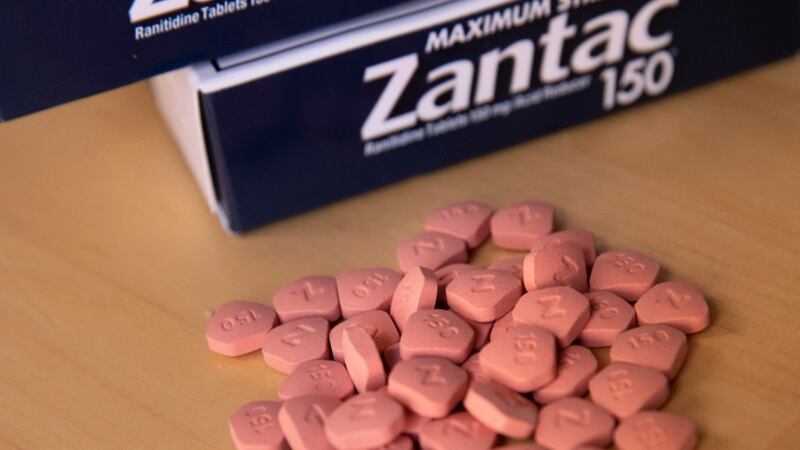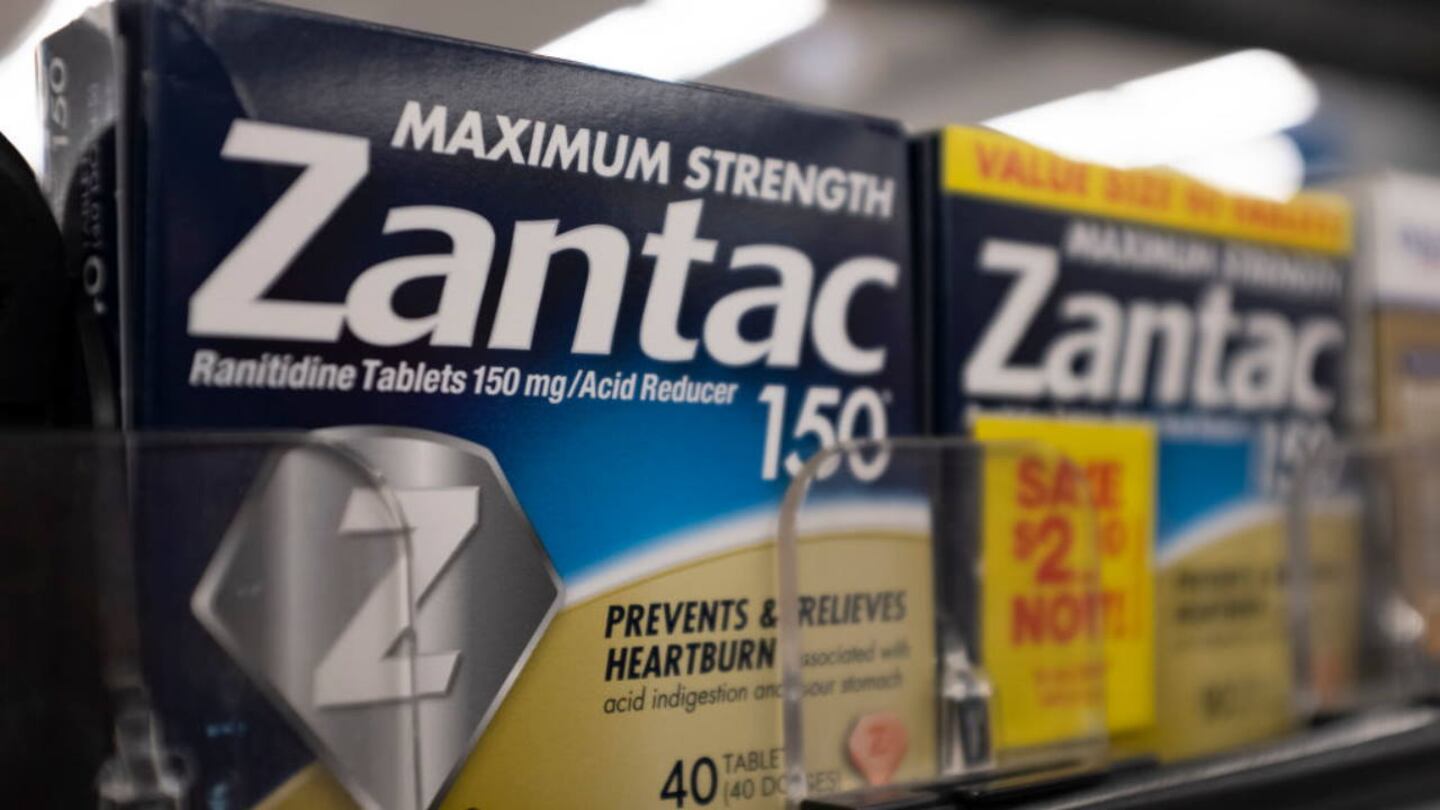The U.S. Food and Drug Administration announced Wednesday that it is requesting manufacturers immediately remove ranitidine drugs -- prescription and over-the-counter remedies for heartburn best known by the brand name Zantac -- from the U.S. market.
In a news release, the FDA said the move was part of an ongoing investigation of N-nitrosodimethylamine (NDMA) in ranitidine medications such as Zantac. The investigations have been ongoing since the summer of 2019, CNN reported.
Consumers should immediately stop taking the medication, widely used to treat stomach acid and ulcers, and throw them away, the news release said.
⚠️FDA requests market withdrawal of all remaining prescription and OTC ranitidine (Zantac) products on the U.S. market. This means that ranitidine will not be available for use in the U.S. https://t.co/kfcW0wlHo6 pic.twitter.com/IvrLcmrMn5
— FDA Drug Information (@FDA_Drug_Info) April 1, 2020
“The agency has determined that the impurity in some ranitidine products increases over time and when stored at higher than room temperatures and may result in consumer exposure to unacceptable levels of this impurity,” the FDA said. “As a result of this immediate market withdrawal request, ranitidine products will not be available for new or existing prescriptions or OTC use in the U.S.”
Because of the current coronavirus pandemic, the FDA recommended that patients and consumers not return their medicines to a drug take-back location. The agency said consumers should follow specific disposal instructions contained in medication guide or package insert, or follow the FDA’s recommended steps, which include ways to safely throw out the medications.
Last year, the FDA said patients could continue taking the medications. The agency said consumers did not face health risks from contamination with a “probable” cancer-causing chemical that was found in multiple brands, according to The Associated Press.
Wednesday’s request was a reversal of that decision.
“We didn’t observe unacceptable levels of NDMA in many of the samples that we tested,” Janet Woodcock, director of the FDA’s Center for Drug Evaluation and Research, said in Wednesday’s news release. "However, since we don’t know how or for how long the product might have been stored, we decided that it should not be available to consumers and patients unless its quality can be assured.
“The FDA will continue our efforts to ensure impurities in other drugs do not exceed acceptable limits so that patients can continue taking medicines without concern.”
Cox Media Group








